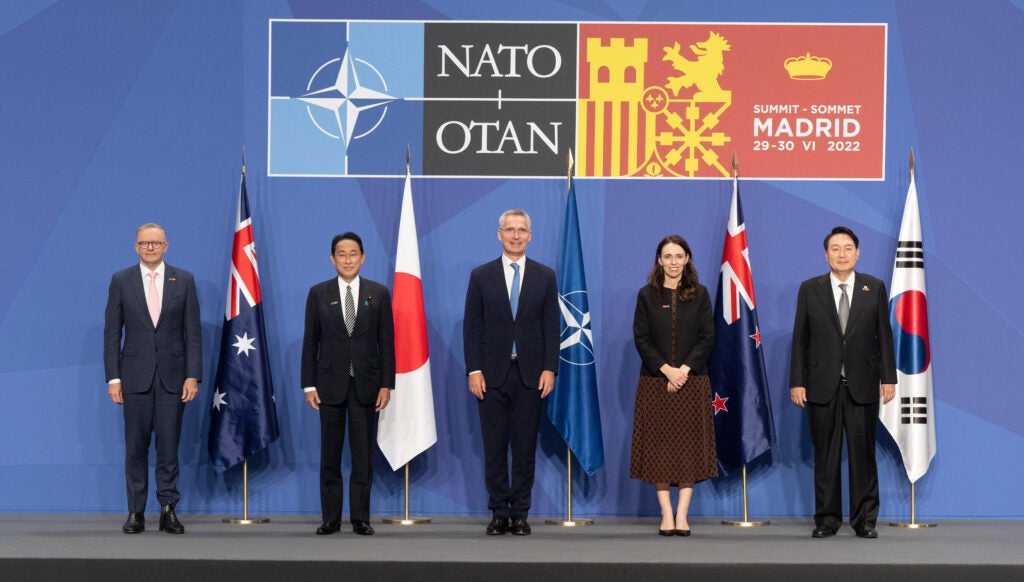Reflecting on NATO and Asia as the Alliance Celebrates its 75th Birthday
“If two years ago someone would have said that in the Spring of 2024 we would have had North Korean munitions killing Ukrainians in Europe […] we would have probably thought it was science fiction,” remarked Benedetta Berti, the NATO Head of Policy Planning in the Office of the Secretary General. Dr. Berti was speaking at Georgetown University as part of an 8 April conference panel commemorating NATO’s 75th birthday which occurred on 4 April. Two years into the war in Ukraine, the alliance has been fundamentally transformed and one of the most pressing issues is the future of NATO’s cooperation with Indo-Pacific democracies and the growing attention the alliance has given to great-power competition beyond Europe.
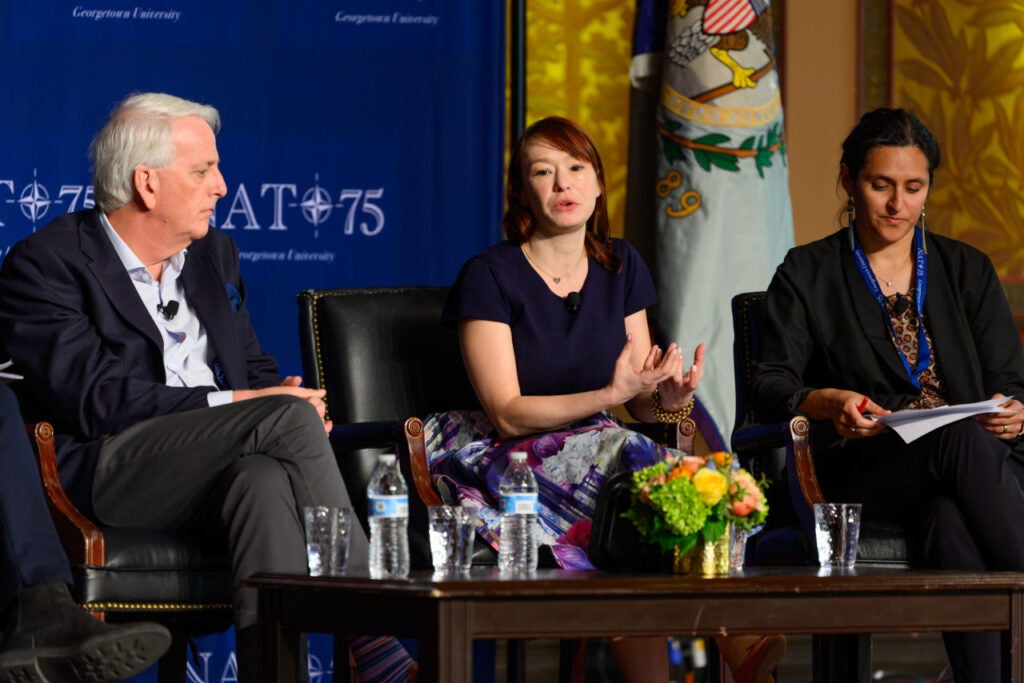
According to Dr. Berti, it was in 2019 that NATO first decided to consider the rise of China as an organization and ask what challenges and opportunities the PRC’s rise poses to Euro-Atlantic security. For the next three years, allies shared their intelligence and assessments within NATO which helped the alliance build a consensus on the matter. This new consensus would be reflected in the 2022 Strategic Concept which declared that China’s stated policies and coercive behavior pose a challenge to NATO members’ security, values and interests.
The challenge has only grown since then, and includes multiple dimensions. First of all, China’s policies undermine the international order which benefits NATO members. The economic support China has provided to Russia is a “lifeline” which has been “incredibly consequential” for Russia’s war in Ukraine. This can be perceived as one part of expanding cooperation between autocracies which also involves Iran and North Korea. Second of all, the PRC and its “hybrid toolbox” directly threatens Europe through means such as cyber-attacks and economic coercion. Moreover, Chinese investments in critical mineral, resources, assets and technologies foster strategic dependencies which are a risk to Europe.
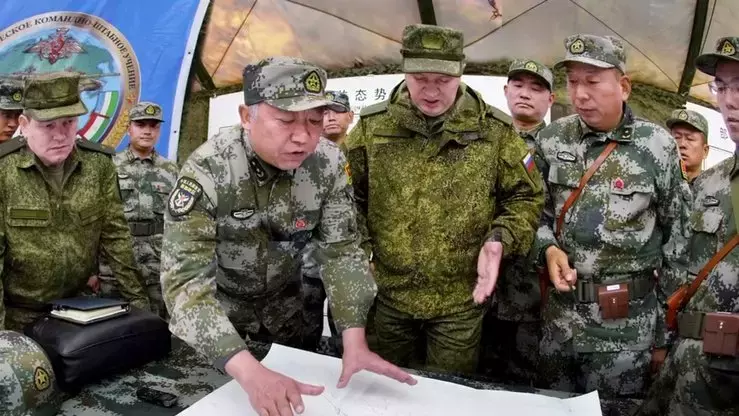
Professor Luis Simón, Director of the Centre for Security, Diplomacy and Strategy (CSDS) at the Brussels School of Governance, highlighted that it is the threat that China poses to the international order which is most consequential for Europe:
“NATO is clearheaded about the fact that its center of gravity lies in the Atlantic as it is that the Indo-Pacific has become the center of gravity of the fate of the international system and dynamics of great power competition militarily, technologically and economically. So I think there is this growing awareness in NATO circles that the fate of the Euro-Atlantic […] is increasingly tied to global dynamics which lie outside the Euro Atlantic; we’re not used to that because ever since NATO was born in 1949 and long before that (of course) the Euro-Atlantic has been at the center of global power dynamics, and that is no longer the case. […] This compels the alliance and Europeans more specifically to reflect on the links between the Euro-Atlantic and Indo-Pacific”
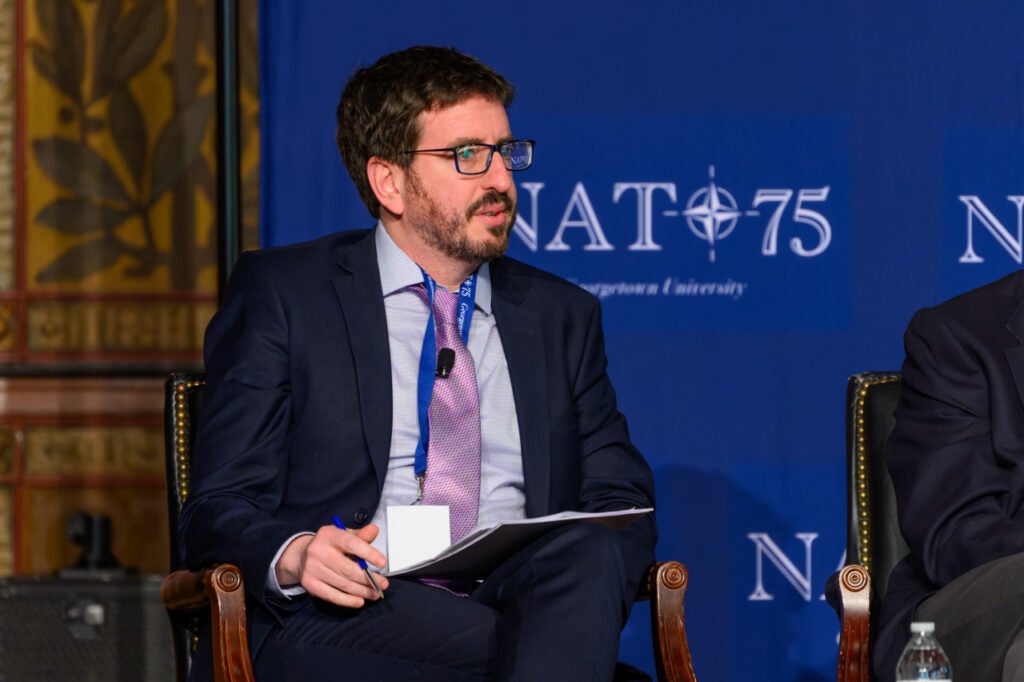
To address this challenge, NATO has increasingly began to work with democracies in Asia. This does not mean moving towards direct involvement in Indo-Pacific defense as some narratives suggest; both the US and Asian partners have expressed little interest in such European initiatives. Instead, NATO is primarily working on shared transnational challenges such cyber, space and terrorism. However, Simón believes that NATO’s current focus does not reflect its strategic priorities. “NATO’s cooperation with Indo-Pacific partners is still framed in broad, transnational sort of 1990s style and language by emphasizing the need to uphold global norms, tackle challenges like terrorism, proliferation, the climate security nexus […] and its in my view out of sync with current geostrategic realities and priorities,” Simón stated.
“NATO and its Indo-Pacific partners- particularly I say Japan, Australia and the ROK – have very similar strategic and operational priorities – how to strengthen deterrence against great power revisionism. So even if our main threat referent or area of responsibility is different, the fact that the challenges we face strategically and operationally are so similar underlines the existence of very important synergies in key areas like operational planning, force structure, capability development and military-technological development.”
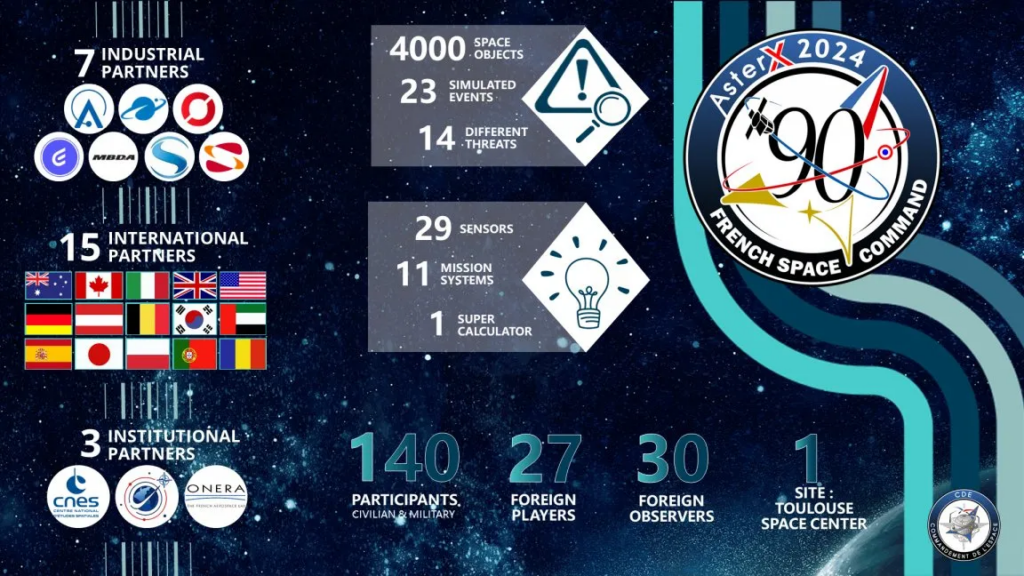
Therefore, Simón argues that NATO should try to build a “cross-theater deterrence ecosystem” together with its Pacific partners with shared “operational concepts, capabilities and technologies” that are transferable to both the Euro-Atlantic and Indo-Pacific region. “If our […] ammunitions, platforms, capabilities, doctrines, standards were compatible that gives you the level of scale to prevail in the context of attrition that would be a real security multiplier for both regions regardless of if you stay out operationally from each other’s’ regions”.
The final speaker, Ivo H. Daalder, served as the America Ambassador to NATO during the Obama administration. Ambassador Daalder encouraged thinking about NATO-Pacific cooperation as an evolution of much older NATO initiatives. NATO’s turn to Asia did not start suddenly in 2019, noting:
“I know its popular to say it was the first time in Madrid that the four Indo-Pacific countries were invited to a NATO summit, actually they were invited to a summit for the first time in 2010 because they were all contributing to the Afghan operation but in 2012 they were invited as part of four of 13 countries which were called partners across the globe.”
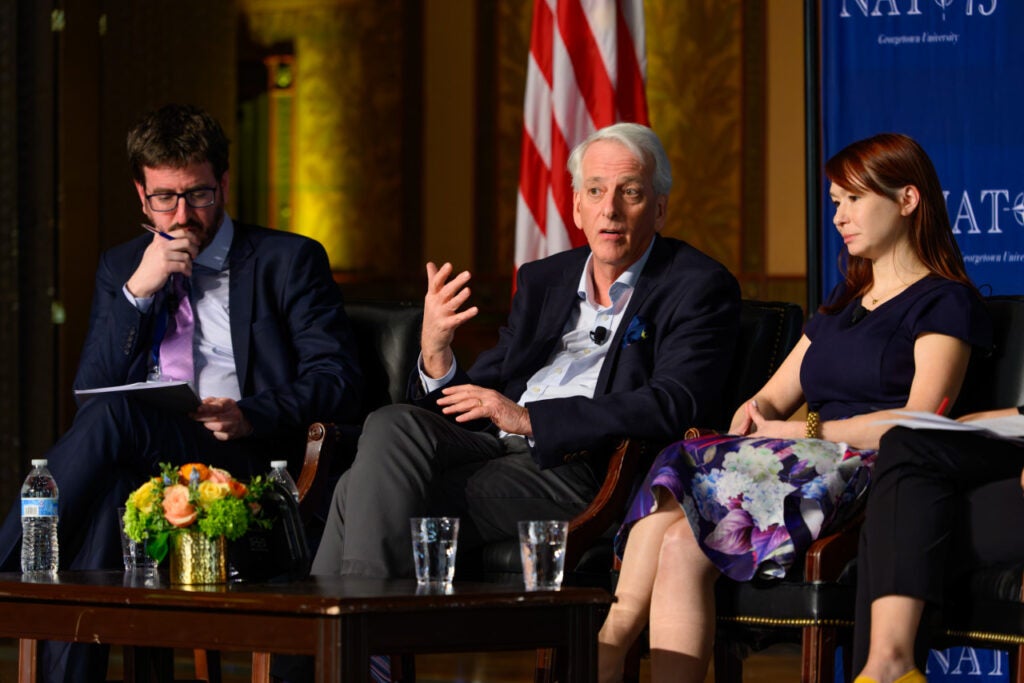
However, Daalder cautioned that despite the attention NATO’s engagement with Asia has accrued, it may not be the best mechanism for addressing all of the joint security challenges shared between NATO and Pacific states. “I think we are framing the problem of NATO/EU and the Indo-Pacific the wrong way. […] I think European, North Americans and Asians have similar perspectives, similar values, similar capabilities and similar needs that need to be integrated in a far better way than they are, and NATO and the EU may not be the best institution for leading that charge.” This does not mean that NATO is completely unsuited for all issues; for example, Japan’s attendance at the NATO summit in Madrid was an excellent way of getting Japan’s input on European security issues. However, the EU and NATO are poor mechanisms for Europe-Asia-America dialogues on key challenges which are not geographically restricted.
One promising institution for dealing with these challenges could be the G7 which could be expanded to include more members. As Daalder points out, it was through this institution, which already brings together leading democracies from the three continents, that much top-level coordination on Ukraine was conducted. The G7 was fundamental to creating the sanctions regime against Russia and was the source of the security guarantees that were provided to Ukraine during NATO’s Vilnius Summit.
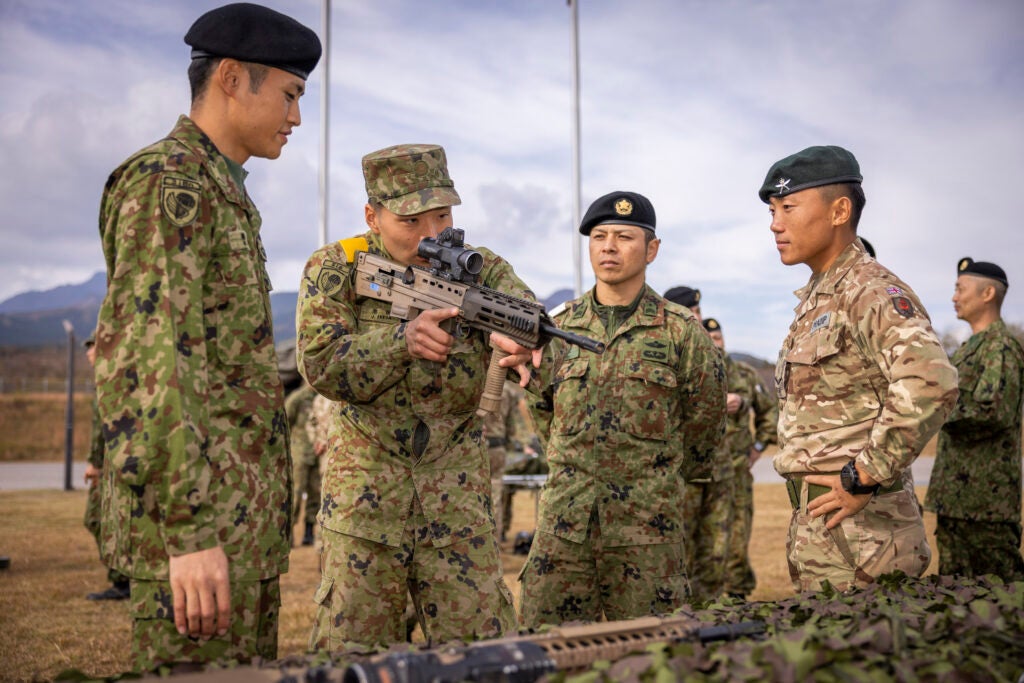
As the panel reflected, the Euro-Atlantic is no longer a security theater independent of the Indo-Pacific. The growing cooperation between NATO and its Indo-Pacific partners comes amidst other transregional initiatives such as the GCAP fighter development program involving the UK, Italy and Japan; AUKUS involving the US, UK and Australia; and large Polish purchases of Korean military equipment. “The Indo-Pacific […] is the center of strategic competition, development, and growth so it has an incredibly important value to everyone; not just the United States but also European allies. […] Significant disruption of the status quo […] in that region of the world would have ripple effects that would also impact on Euro-Atlantic security- including directly,” summarized Dr. Berti.

